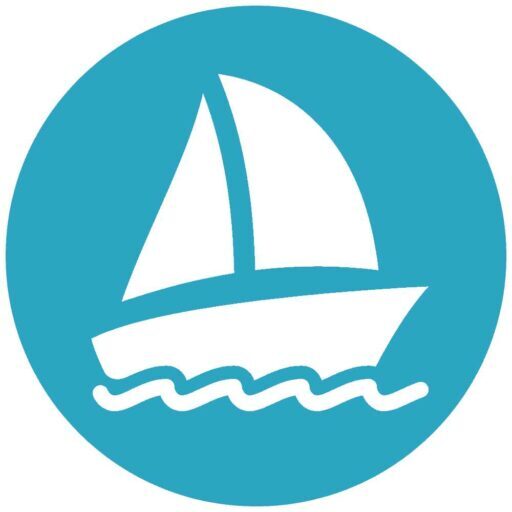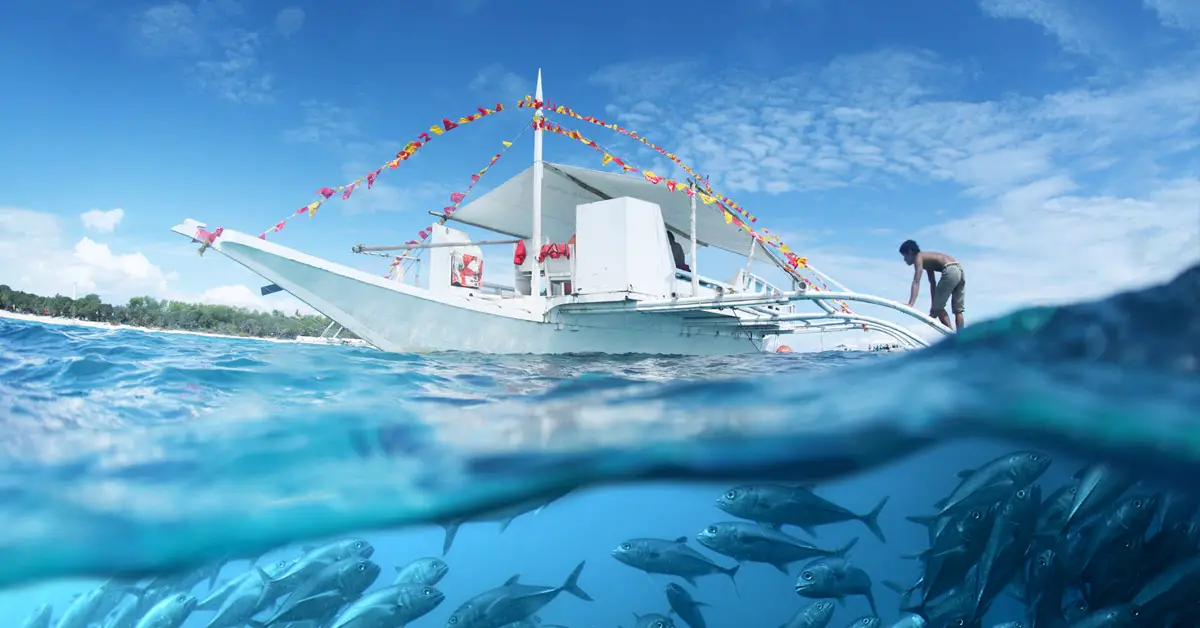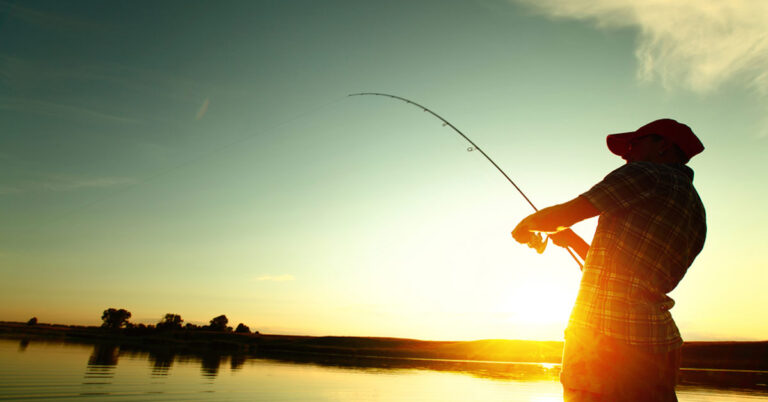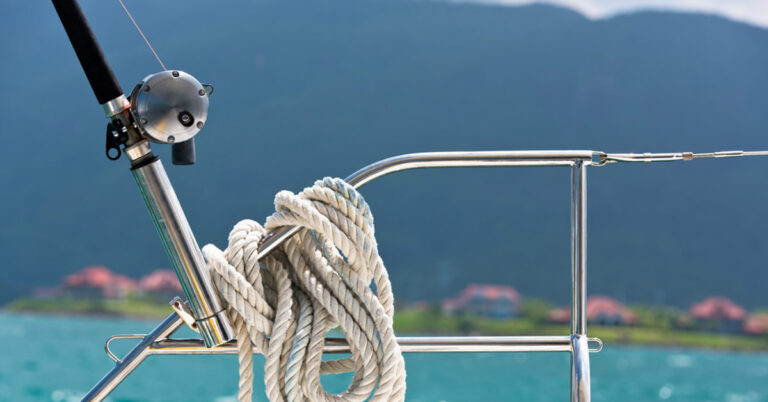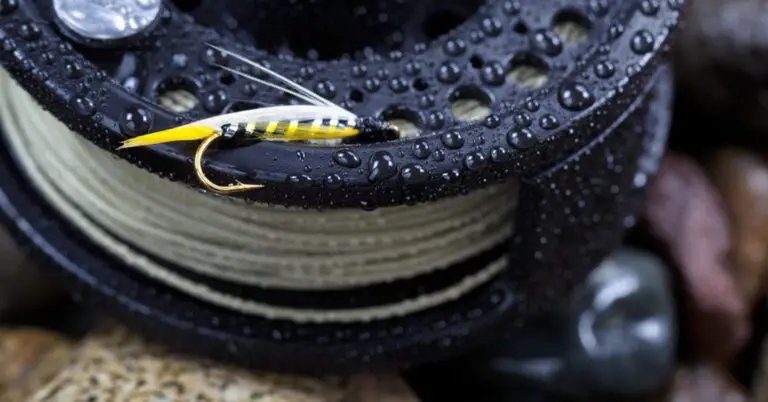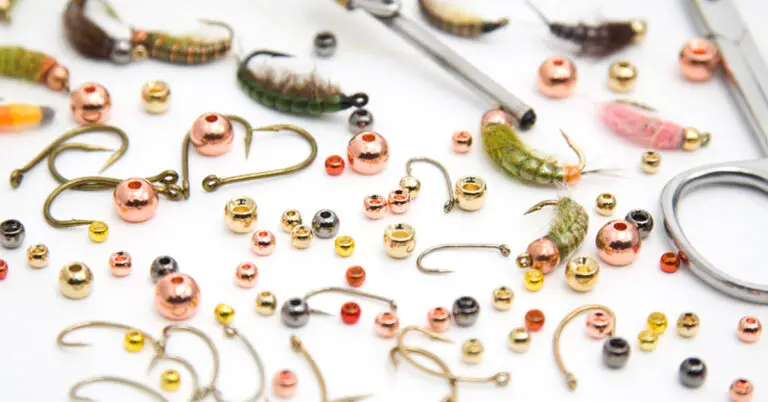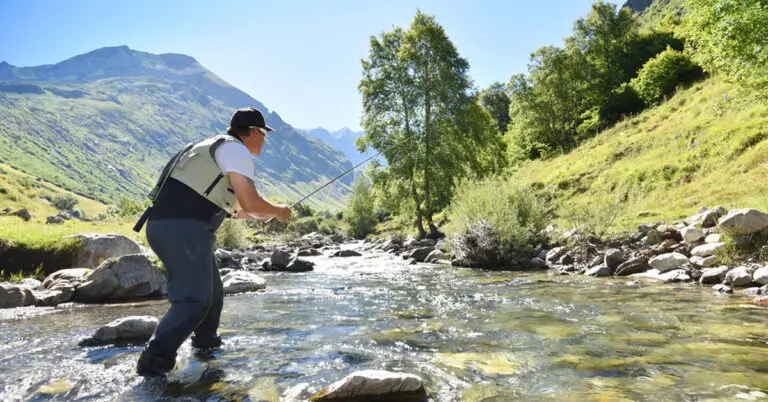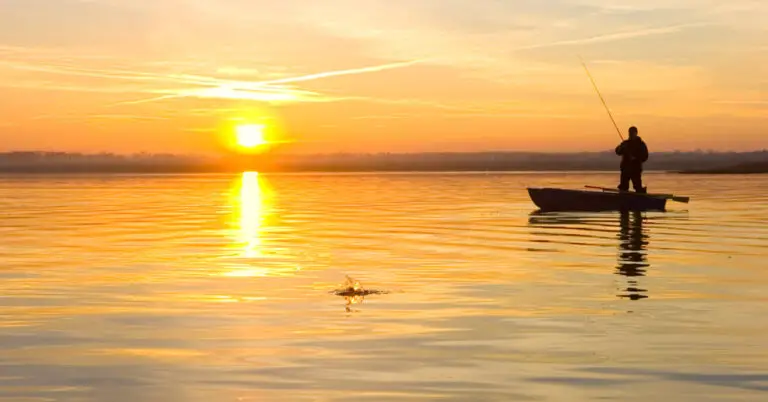Do You Need a Fishing License to Fish in the Ocean? Navigating Fishing Regulations
Navigating the open waters, rod in hand, waiting for the telltale tug of your next catch can be one of life’s most exhilarating experiences. However, beneath the seemingly endless expanse of the sea and the simple joy of the sport, there’s a maze of regulations and legalities that might perplex those new to marine angling.
Yes, you typically need a fishing license to fish in the ocean. However, regulations can vary based on the specific location, the type of fish you’re targeting, and whether you’re on a private or chartered boat. Always check local laws and regulations.
Understanding these complexities is essential for compliance, contributing to sustainable fishing practices, and protecting our shared maritime resources for future generations.
Types of Fishing Licenses: Recreational, Commercial, and Charter
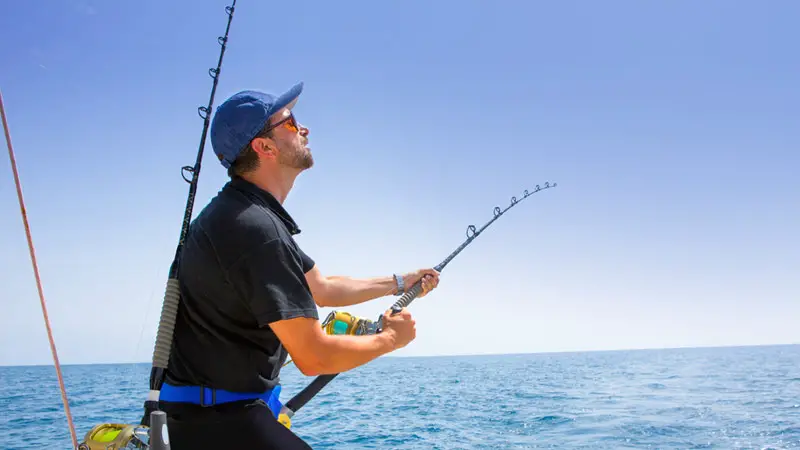
Fishing licenses play a pivotal role in governing the responsible and sustainable use of marine resources. These permits provide a legal structure for various fishing activities, ensuring the fish population remains healthy and thriving for future generations. From recreational enthusiasts who fish for personal pleasure to commercial entities who fish for business purposes and charter groups offering guided trips, different types of licenses cater to specific needs, each with its own rules and restrictions.
The application and issuance of fishing licenses vary by jurisdiction, and each license type serves distinct roles in regulating fishing activities. Understanding these distinctions is crucial for ensuring compliance with regulations, contributing to conservation efforts, and optimizing the fishing experience based on individual or organizational needs.
- Recreational Fishing License: This is intended for individuals or small groups who fish for leisure. The catch cannot be sold, and usually, there are restrictions on the type of gear used, species caught, and quantity. This promotes fair access to fishing resources and protects against overfishing.
- Commercial Fishing License: Individuals or companies can catch and sell fish, contributing to the global food supply. The rules for commercial fishing are stricter, focusing on quotas, reporting requirements, and specific fishing gear to prevent the overexploitation of fish stocks.
- Charter Fishing License: This is for guided fishing trips or fishing tours. Instead of each individual needing a license, the charter company often holds a license covering all aboard. These licenses often come with stringent requirements around safety, gear, and reporting of catch.
Procedures and Penalties: Obtaining and Forgetting Your License
Obtaining a fishing license typically involves applying to the relevant regulatory body, usually a state or federal fish and wildlife agency. These applications can often be completed online or in person at designated locations.
As part of the process, the applicant may need to provide personal information and pay a fee, which varies based on the license type, the applicant’s residency status, and other factors. Some jurisdictions may require the applicant to complete a fishing education course or similar training.
Once a fishing license has been issued, the holder must always carry it while fishing. This is because enforcement officers can check for valid licenses and issue penalties for non-compliance. The specifics of these penalties can vary by jurisdiction but can include fines, confiscation of fishing gear, and in serious cases, revocation of fishing privileges or even criminal charges.
Forgetting or losing your fishing license can be a serious matter. Some jurisdictions offer a grace period or replacement service, but others may treat a forgotten license the same as not having one at all.
To avoid penalties, it is advised to keep a digital backup or take steps to immediately replace a lost license. If you are found fishing without a license, it is generally best to cooperate fully with enforcement officers and seek legal advice if necessary.
International Waters: What Fishing Rules Apply?
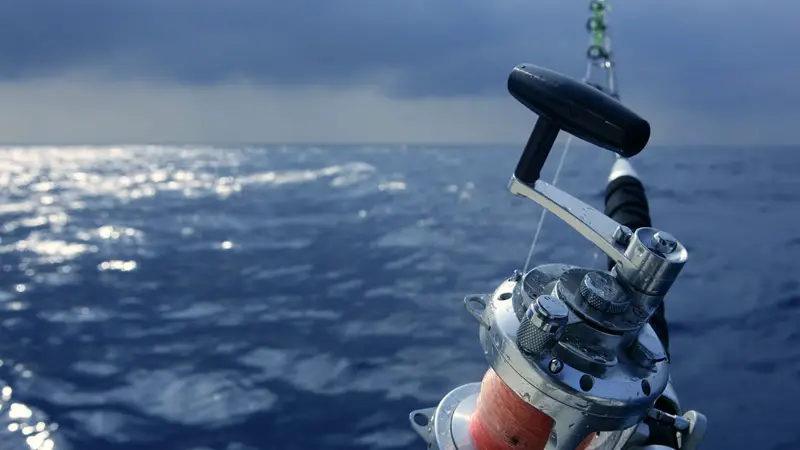
The regulations become somewhat complex when it comes to fishing in international waters, also known as the high seas. These waters lie beyond individual countries’ exclusive economic zones (EEZs), typically extending 200 nautical miles from their coastlines. While these areas are considered international territory, they are not lawless. Various international treaties and laws govern the utilization of resources, including fishing, to ensure the sustainability and equitable sharing of the high seas.
The primary regulatory body for international waters is the United Nations Convention on the Law of the Sea (UNCLOS), which provides the legal framework for conserving and managing fisheries resources. Beyond UNCLOS, several regional fishery management organizations (RFMOs) have been established to manage specific fish stocks and to ensure the conservation and sustainable use of marine resources in these vast waters.
- UNCLOS: The United Nations Convention on the Law of the Sea sets out the legal framework upon which all ocean and sea activities must be based, including fishing. It seeks to balance the rights and interests of coastal and fishing nations.
- RFMOs: Regional Fisheries Management Organizations are international entities formed by countries with fishing interests in an area. These organizations help manage fish stocks by setting quotas, enforcing catch limits, and establishing conservation measures.
- Flag State Control: Each fishing vessel on the high seas is under the jurisdiction of the country whose flag it flies. This “flag state” regulates the vessel’s fishing activities and ensures it complies with all relevant rules.
- Port State Control: This refers to the inspection of foreign ships in national ports to verify that the condition of the ship and its equipment comply with international regulations. It also ensures that the crew on the fishing vessel have adequate living and working conditions.
The oversight of fishing in international waters is a complex and cooperative effort to protect these vast and critical marine resources for generations to come.
Catch Limits and Size Restrictions: More Than Just Licensing
Fishing licenses provide a framework for who can fish, where, and when, but they are just the start for responsible and sustainable fishing. Other essential components of fishing regulations include catch limits and size restrictions, designed to prevent overfishing and ensure the long-term sustainability of fish populations. These measures aim to balance the fishing community’s needs with the ecological requirement to preserve marine biodiversity and ensure that fish stocks are available for future generations.
- Catch Limits: These limits the number of species an angler can catch and keep in a specific period. These limits could be daily, yearly, or seasonally based. The aim is to prevent overfishing and allow fish populations to replenish.
- Size Restrictions: Size limits ensure that fish can reach maturity and breed at least once before they are caught, contributing to the sustainability of the species. These restrictions often include minimum size limits, but there can also be maximum size limits to protect large, mature fish, which can produce more offspring.
- Protected Species: Certain species may be off-limits entirely due to their conservation status. This helps protect endangered or vulnerable species from being depleted beyond recovery.
- Seasonal Restrictions: To protect species during critical life cycle periods, such as breeding seasons, fishing may be restricted or prohibited entirely at certain times of the year.
Each of these measures plays a crucial role in maintaining balanced marine ecosystems and promoting the sustainability of fishing activities. Hence, it is important to familiarize oneself with these regulations before fishing.
Fishing Licenses and Endangered Species
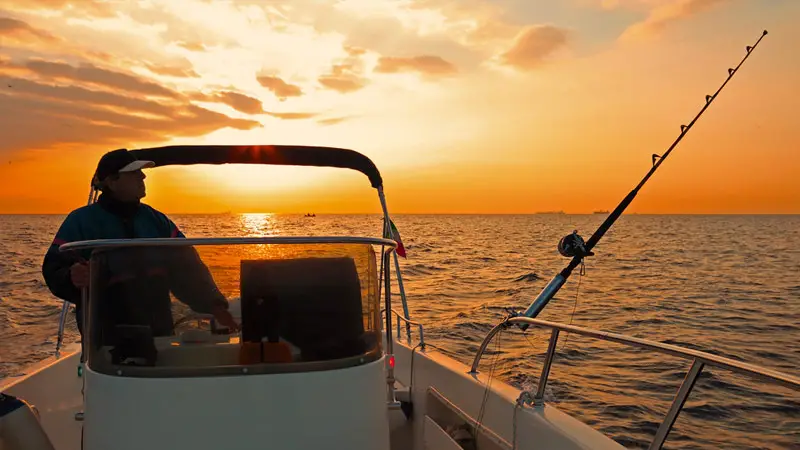
The importance of fishing licenses becomes even more pronounced when protecting endangered species. Licensing regulations often include specific stipulations about threatened and endangered marine life to ensure their survival and recovery.
A significant part of the licensing process is educating anglers about these vulnerable species, their threats, and how responsible fishing practices can contribute to their conservation.
A fishing license typically outlines the types of fish that are legal to catch and any protected species that must be released if caught. It’s crucial to familiarize yourself with this information, as catching or harming an endangered species can lead to severe penalties, including heavy fines and revocation of fishing privileges.
Additionally, some licensing authorities require catch reports from anglers, providing valuable data on the presence and abundance of endangered species in various locations. This information contributes to ongoing research and conservation efforts.
It’s also worth noting that funds from fishing licenses often go toward conservation programs. This means that by simply obtaining a license, anglers directly support the protection and recovery of endangered species and the health of the overall marine ecosystem.
As such, fishing licenses play a pivotal role in the conservation of endangered species, guiding angler behavior, funding vital conservation work, and facilitating the collection of data necessary for protecting these valuable creatures. Fishing responsibly, with awareness of and respect for endangered species, is essential to preserving our oceans for generations to come.
Frequently Asked Questions about Fishing Licenses in the Ocean
When it comes to fishing in the ocean, many questions can arise, particularly around the issue of fishing licenses. Whether you’re a seasoned angler or a novice preparing for your first offshore trip, understanding the licensing requirements is crucial.
Here, we address some of the most frequently asked questions to help clarify the rules and regulations, ensuring that your fishing adventure is enjoyable, compliant, and respectful of marine conservation efforts.
- Do I always need a license to fish in the ocean? Typically, yes. However, the requirements can vary based on the location, the type of fishing you’re doing, and other factors. Always check with the local regulatory agency to ensure you comply.
- Where can I get a fishing license? Fishing licenses can usually be obtained from your local or state fish and wildlife agency, often through an online process or at designated physical locations.
- What happens if I fish without a license? Fishing without a license can result in penalties, including fines, confiscation of fishing equipment, and potential legal repercussions.
- Are there different types of fishing licenses? Yes. There are typically separate licenses for recreational, commercial, and charter fishing. The appropriate license depends on your specific fishing activities.
- What do my license fees fund? In many cases, license fees go toward conservation efforts, including research, habitat restoration, and educational programs about responsible fishing practices.
- Can I keep all the fish I catch? Not necessarily. Regulations often stipulate catch limits and size restrictions to ensure sustainable fishing practices. Some species, especially endangered ones, may need to be released if caught.
- Do I need a license for catch-and-release fishing? Yes, a license is required in most jurisdictions, even if you plan to release all the fish you catch.
- How do regulations apply in international waters? Various international treaties and laws govern international waters. These include regulations set by UNCLOS and RFMOs, as well as the flag state of the fishing vessel.
